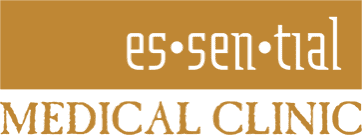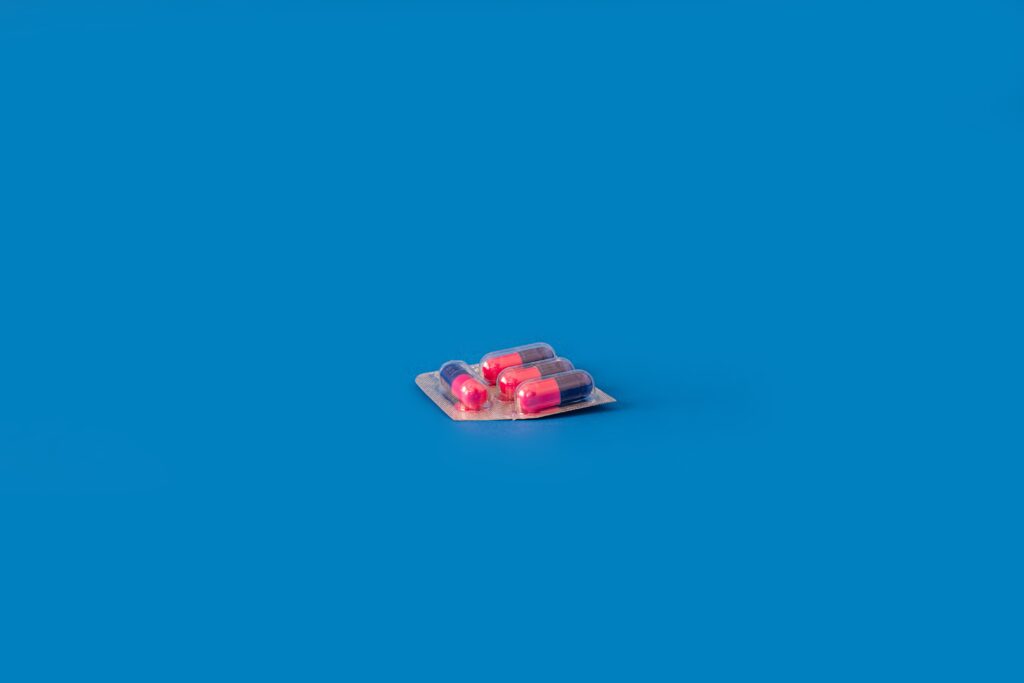They say an apple a day gets you rid of the doctor, right? However, when it’s not just one apple, but various medications and supplements, it can be difficult to keep up with prescription medication.
Learn how not to run out of medicinal refills, organize your pill schedule and avoid missed doses.
Medication review addresses safety concerns, reduces medication adversities, educates patients, and engages caregivers throughout the process. You can improve the care of a person with these simple strategies.
Remember to consult your doctor before taking any medication. We do not recommend self-medication.
1. The use of pillboxes
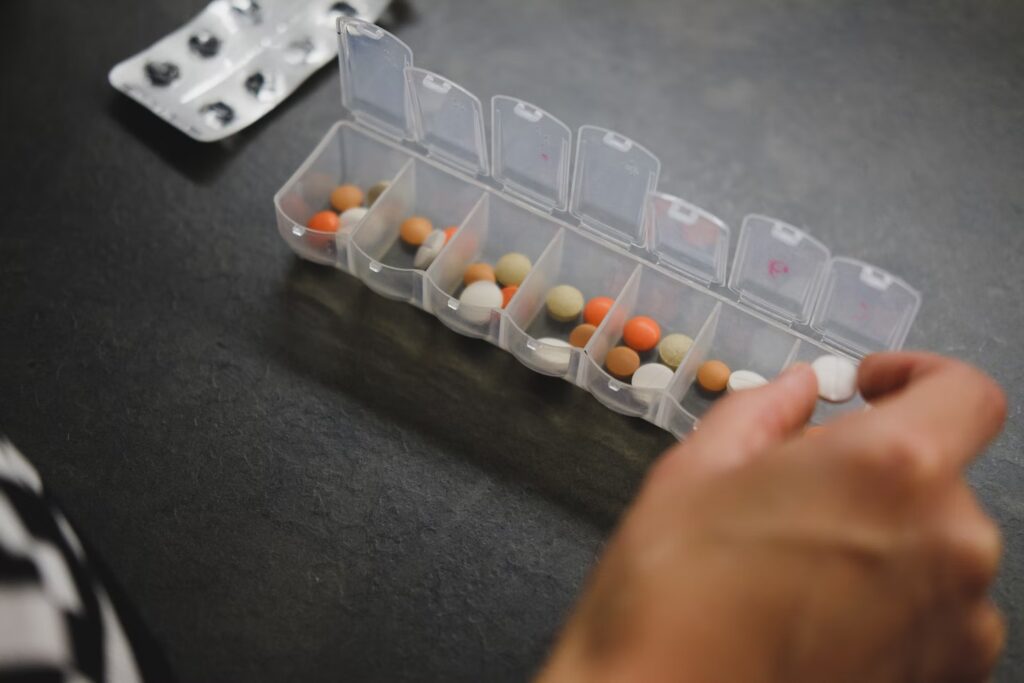
Buy a pill box at your nearest pharmacy, they are cheap and practical items.
A quality pill box has its own compartment for each day of the week, it is a basic organizer. You can also have multiple sections in case they need to be separated on the same day. If you don’t want to spend, you can make your own homemade compartments.
However, it is very important that you do not forget to fill your pill box correctly.
It may happen that you take the wrong medicine or double the dose by mistake. Fill your pillbox as soon as you take the day’s dose. You can also set a weekly or monthly schedule for reviewing your dosages and prescriptions.
In case you need help, ask a friend or family member to fill your pillbox or check the doses.
2. Create a checklist

Keep track of your medications and when to take them. It can be in Excel or by hand.
It includes the name of the medicine, dosage, when and how to take it, as well as what the pill looks like. Specify if you must eat before or if you have special instructions.
Mark each dose as you take it. Update this list as soon as your recipes change.
3. Choose something automatic

Use an automatic pill dispenser, especially if you have a complicated medication schedule. Whether it’s a specialized machine or software with a subscription fee. The robot can distinguish pills of any color and size.
There are dispensers that can communicate with the pharmacist to report when a dose has been missed. This can make all the difference for people with disabilities or neurological problems. Don’t forget to check with your insurance provider.
An automatic dispenser can cost less than a hundred dollars. It works on a timer and has locks that prevent accidental dosing. Set your alarm to take the next dose.
4. Get organized from the purchase
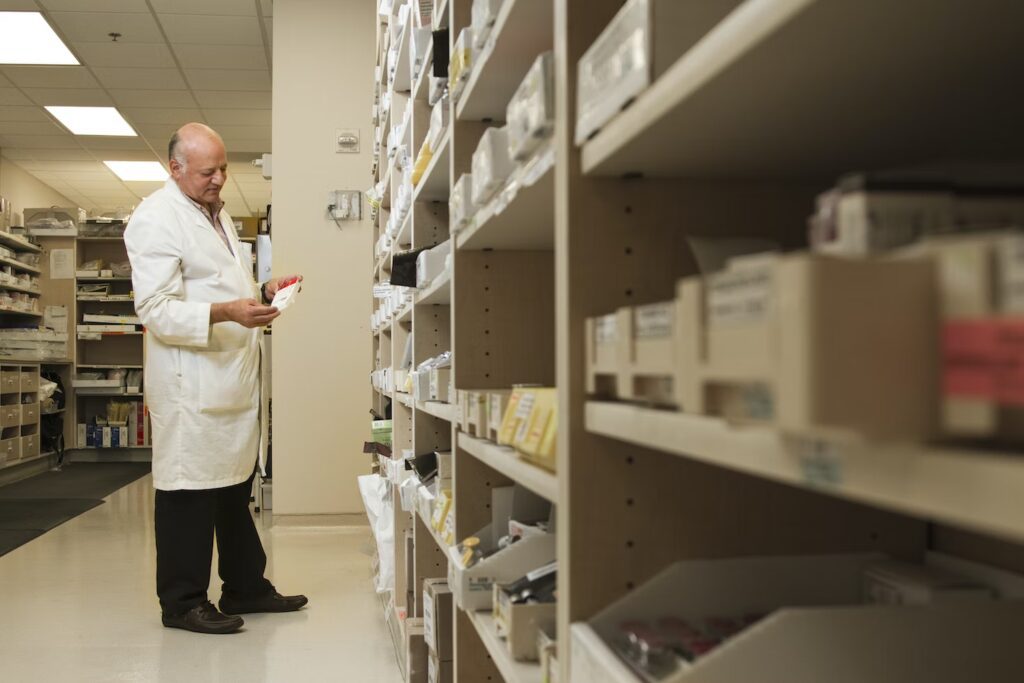
Ask your doctor or pharmacist if they can provide only the required dose. They can package your order in a personalized way, with dates, days of the week, dose, and even time.
When your dose changes frequently or your doctor introduces new medications, it can be difficult to organize yourself in this way.
Organize your prescription schedule at your trusted pharmacy. They can explain when and how to take your medications and how to start reducing the dose. Do not forget to inform before any change in your recipes.
5. Technology can always help
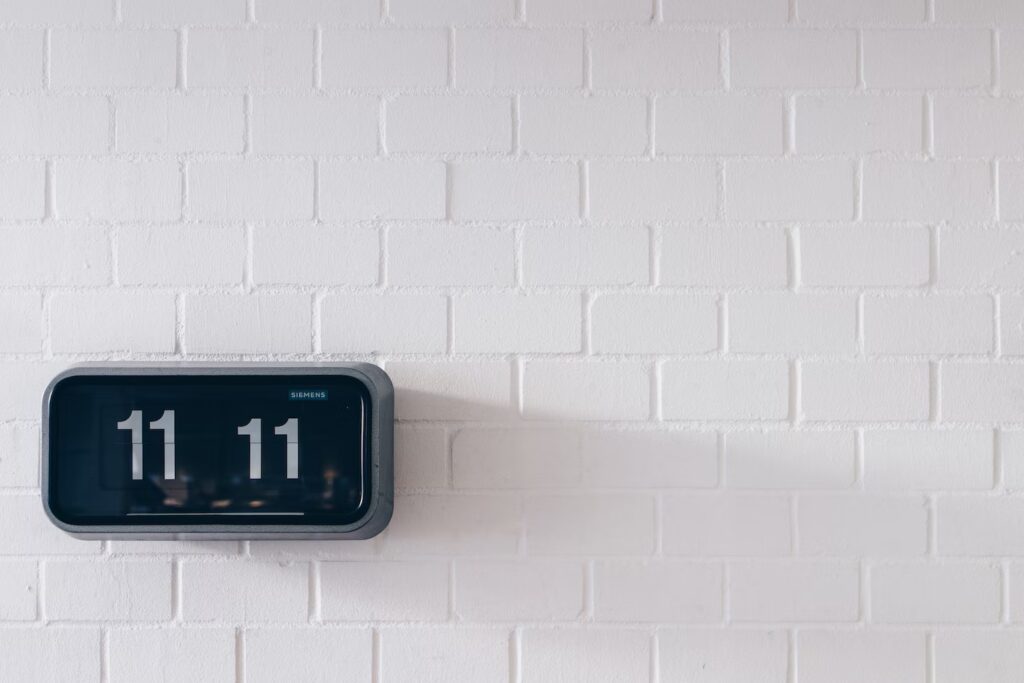
Technology can really help your schedules.
Create alarms on your phone to remind you to take your medications or refill your dispensers. You can text or email yourself when it’s time to take your medication.
You can also do it with a watch.
There are several websites and apps that offer medication trackers, and some will send these reminders to you via text or email.
There are some that include recordings of when and how to take your medications, some may be on the medication bottles. With some, you can scan their packaging to open a website with more information.
Dose records can be stored in the cloud via Wi-Fi. There are even smart pill bottles with sensors that can detect when you’ve opened them.
If necessary, when you take your medication, some apps can automatically notify your doctor, caregiver, or family member. If you miss a dose, you can make an alert. Remember to adapt your treatment to your routine.
6. Assign the job to a pharmacist

A pharmacist is a key professional in medication management. They can make sure you follow your treatment procedures.
Remember that they are trained personnel, they are qualified to provide patients with detailed information and practical advice on the use of medications. Your care team needs a pharmacist who will work with you and your doctor to meet your treatment goals.
It is also feasible to include a family member, caregiver, or guardian who cares about getting information from the specialist. You should not be alone in a process as delicate as a condition or a change in your routine.
7. Educate yourself as a patient and prevent medication errors
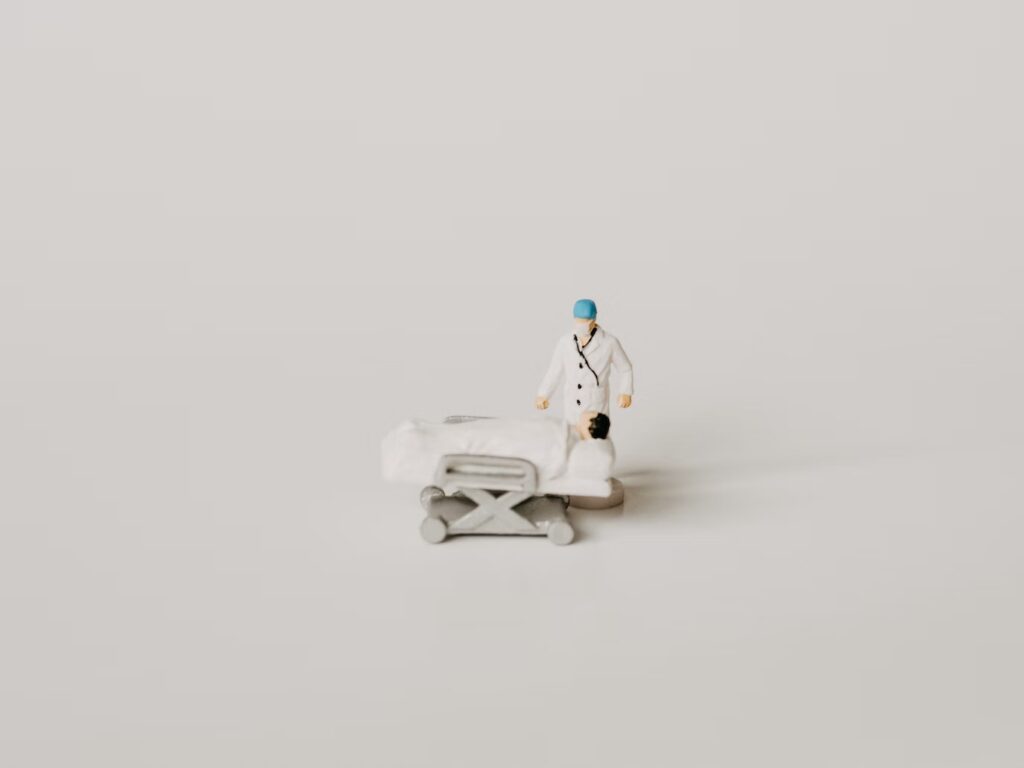
At first, it is normal for a patient:
- Confuse medications
- Take medicine with food when it shouldn’t be taken that way
- Abuse over-the-counter drugs like Tylenol
- Forget your dose and want to double it to the next one
Side effects or overdose are a product of these common mistakes. It may be that even the most experienced patients are making mistakes with their medication.
This is easy to correct, just inform patients and caregivers about this type of error. Reinforce this learning with brochures or specialized applications.
8. See the “Beers Criteria” section, search your medication
The Beers list lists drugs that should be avoided or used with caution in older patients.
There are some doctors who forget these recommendations, so it may be the duty of the pharmacist or the patient to review the adequate support of the treatment.
By reviewing the medication administration process in an older patient, you can eliminate the possibility of contraindications or further complications.
9. Avoid unnecessary medication if possible

Patients often feel safer when they take fewer medications.
The fewer medications you take, the less chance of side effects and interactions between artificial substances. Medication management should aim to eliminate medications when clinically appropriate.
IT IS IMPORTANT that you do not suspend or lower the dose of your treatment without first consulting your doctor. Communicate any abnormalities or harmful side effects.
10. Develop useful habits for your medication

- Keep your pills in an exclusive place in your house, one where you go from time to time, and comply with an appropriate environment.
- Put your pills in an obvious and visible place.
- Make sure your medicine stands out from others that may be in your home. Everything should be clearly labeled, organized, and separated.
- Keep a routine. Take your pills at the same time each day, such as after breakfast or before bed.
- Keep a list of your medicine in a mobile application or on the Internet.
- Every time you take your medication, mark it on a calendar visible to you.
- Don’t forget to fill your medication container, and leave an alarm for when you finish it.
Did you learn to organize your medicine? Try some of these strategies and record which one was the best for your lifestyle.
And read on with us at Essential Medical Clinic:
